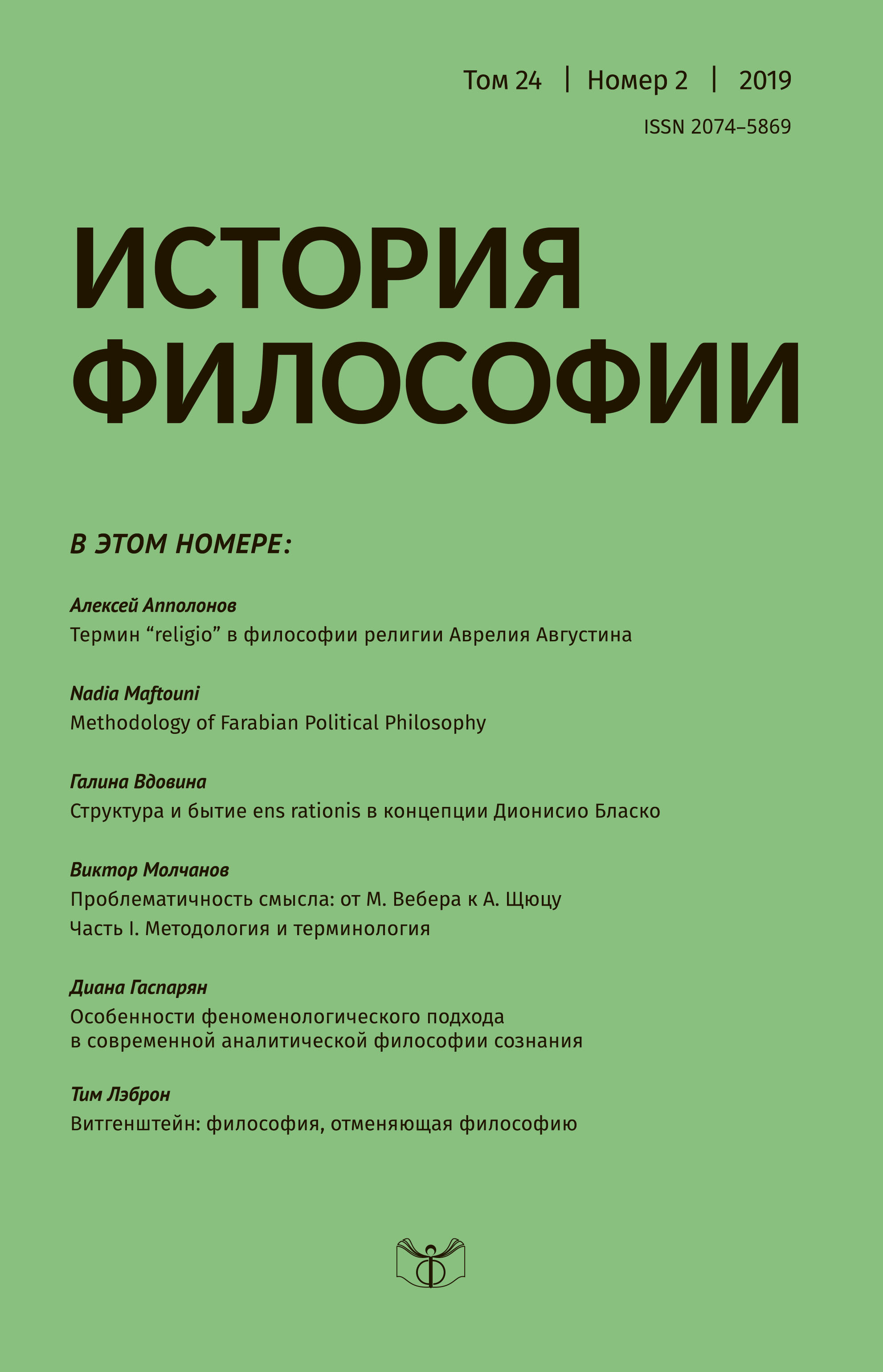Ontological Dualism in Understanding Space and Time as a Way to Comprehending God in Isaac Newton’s Natural Philosophical Homiletics
DOI:
https://doi.org/10.21146/2074-5869-2019-24-2-49-62Keywords:
English philosophy of the seventeenth century, Sir Isaac Newton, metaphysics, theology, Christian sermon, homiletics, natural philosophy, philosophy of space and time, chiliasm, millenarianism, millennialismAbstract
The paper covers Sir Isaac Newton’s theological and homiletic ideas formulated in his natural
philosophical works “Mathematical principles of natural philosophy”, “Optics” and a number of
unpublished manuscripts on physics, metaphysics and theology. The author of the article proposes
the concept of ontological dualism, according to which Newton considered the division of space
and time into absolute and relative having not only essentialist, but also ontological character. It is
demonstrated that, according to Newton, his ontological dualism in understanding space and time
has not just a philosophical heuristic value, but also a serious Christian preaching power. Newton
considered only a very narrow circle of people, representatives of the Royal scientific society, to
be the audience capable of perceiving his Christian homiletic message. The features of Newton’s
natural philosophical sermon are studied; the connection of his sermon with the tradition of English
philosophy of the seventeenth century of “preaching through the science” is shewn; and
the heterodox nature of the Newtonian sermon from the perspective of classical Anglicanism is
explained.

